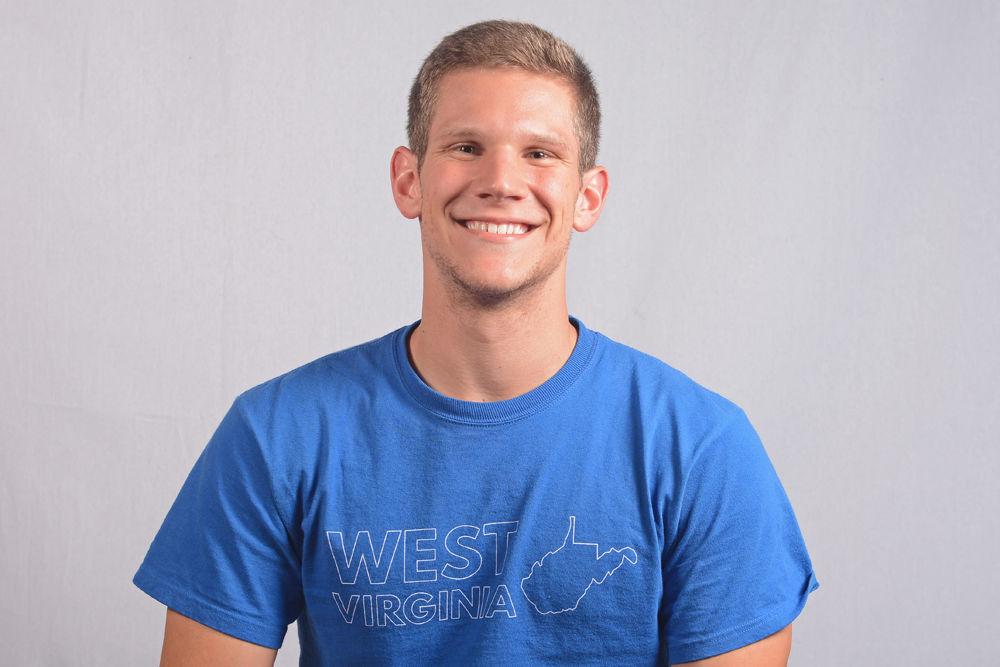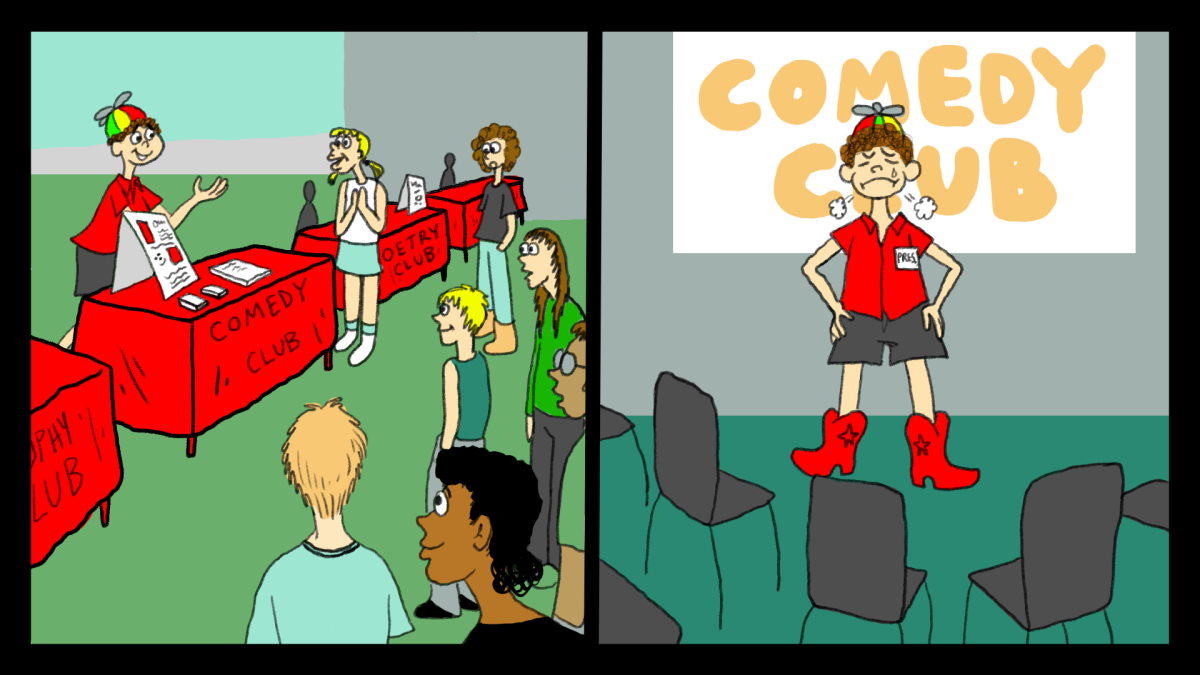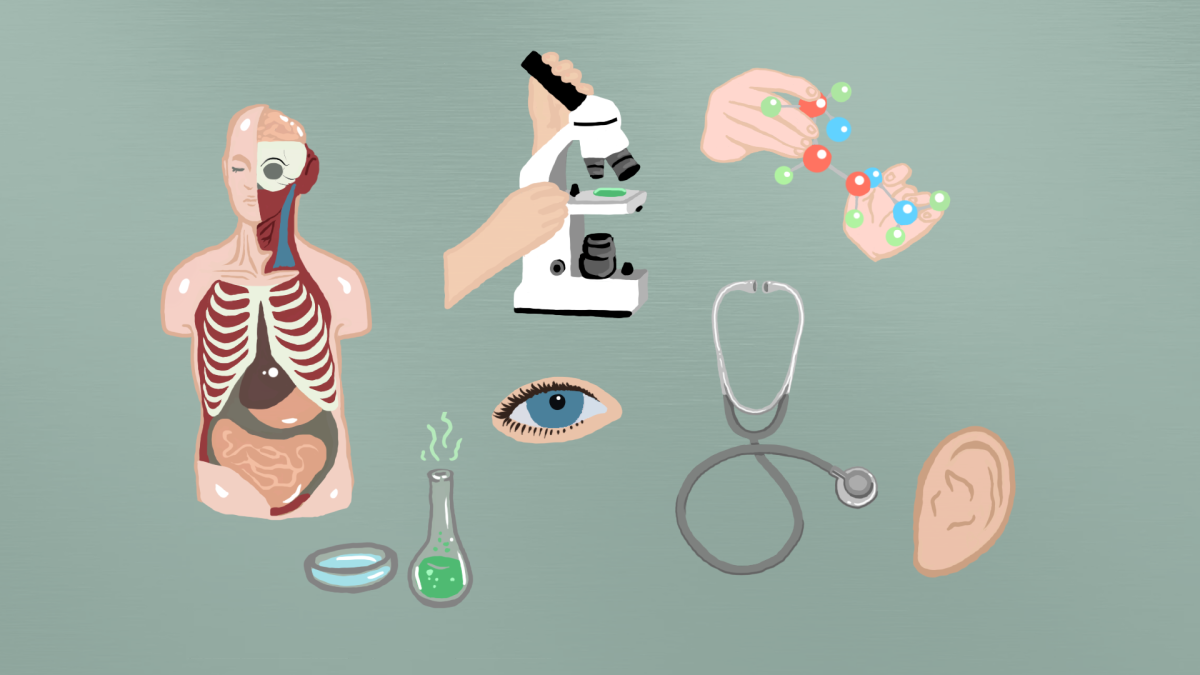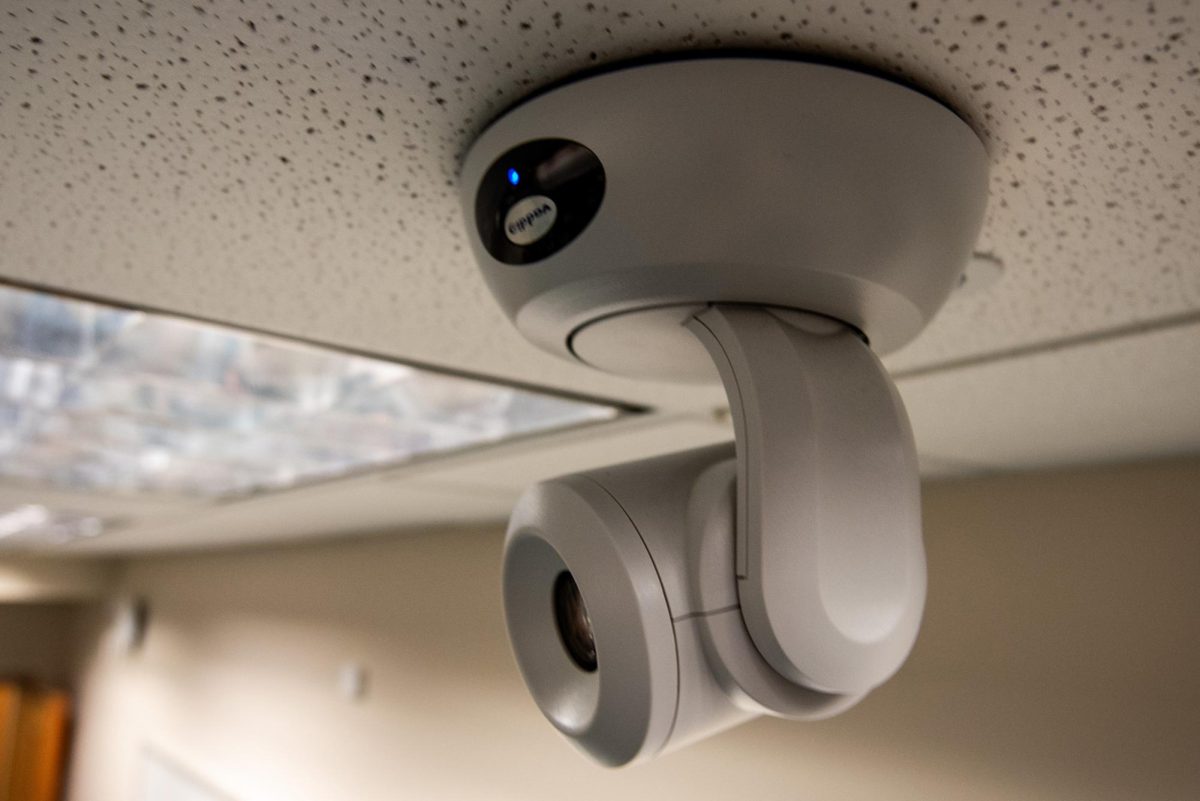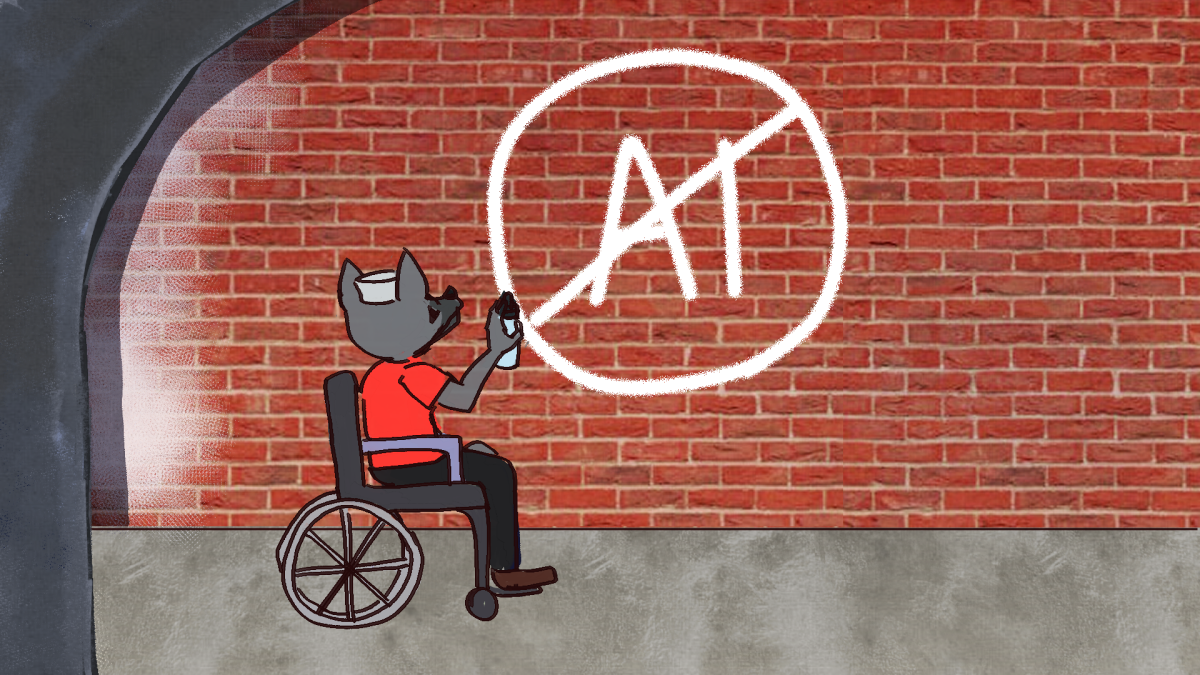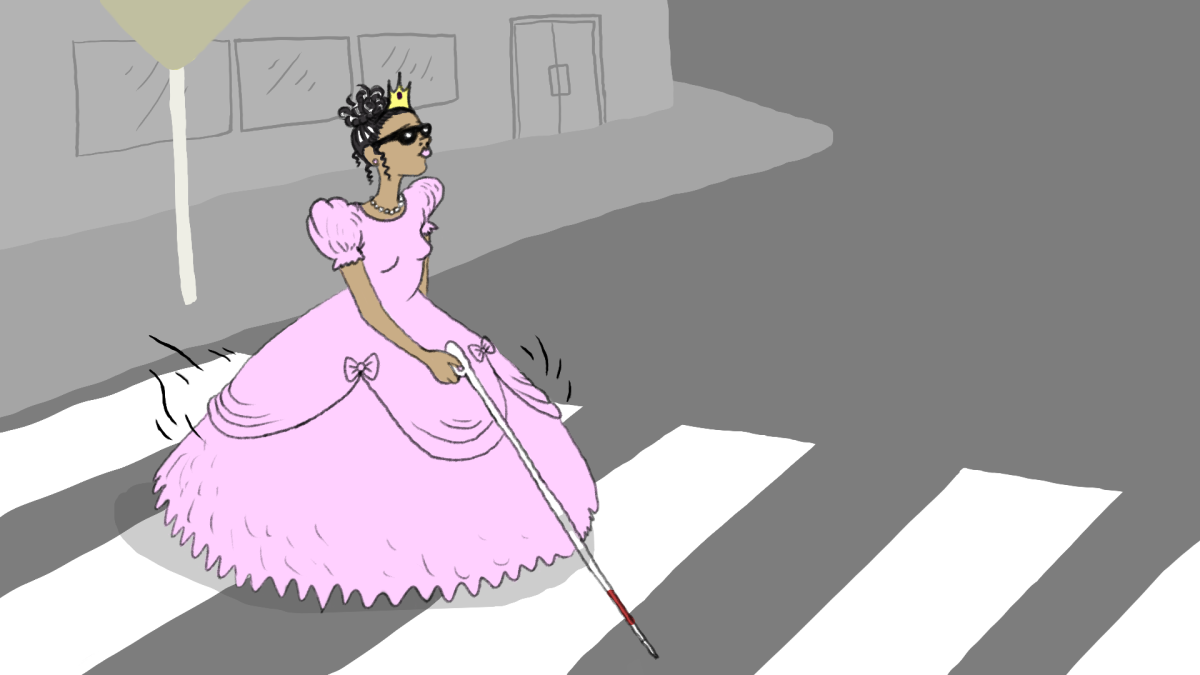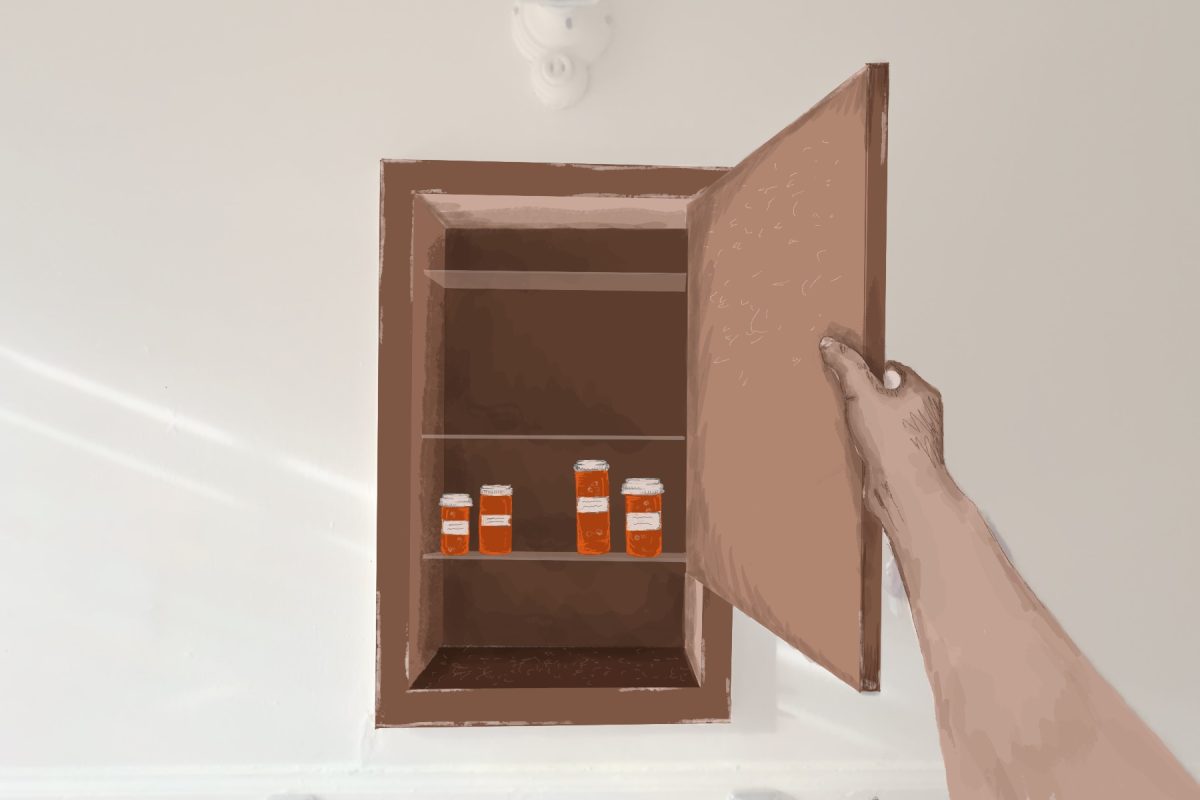RuPaul Charles’ catchphrase “We’re all born naked and the rest is drag” has more than just a simple truth to it; the phrase has transcended into the mainstream media to shed light on transgender, non-binary and gender non-conforming communities. The popularity of drag queen RuPaul has been largely due to his show RuPaul’s Drag Race, but it’s important to understand the significance of the show within society, specifically for the LGBT community.
Last week was Trans Awareness Week, as hosted by the GLBT Center at NC State, which served the purpose of educating the Wolfpack community about “the challenges facing transgender students and community members.”
Gender identity and transgender rights have become hot topics today, especially with the Trump administration’s plan to redefine sex in Title IX and the Trans Rights are Human Rights campaign sweeping social media. During a time when conversations regarding the transgender community are at the forefront, having proper transgender visibility and representation is crucial for the education of the public.
Understanding the trans community is the best solution to hate crimes against transgender men and women. A UN Human Rights Council (HRC) report in 2017 found that 102 transgender people in the U.S. were victims of fatal violence since 2013, with 25 victims from last year alone. Additionally, the HRC has found that there are higher rates of poverty, barriers regarding healthcare, and a lack of accurate identity documents that all disproportionately affect the transgender community.
RuPaul’s Drag Race is one of the most crucial TV shows that bring LGBT issues to light on a global platform for all to see. After 10 seasons of competing drag queens, the impact of the show can easily be seen on platforms such as Twitter where pictures and video clips have been used to supplement memes and where some of the show’s queens have over a million followers.
More importantly, in between outrageously funny competitions, the queens have discussed topics such as living with HIV, eating disorders, religion and homosexuality, and transgender men and women.
If you couldn’t make the great events hosted by the GLBT center during Trans Awareness Week, there is still a way to become more educated: RuPaul’s Drag Race. Although there has been an increase in people who know a transgender person, many have yet to meet or know someone who is transgender. RuPaul’s Drag Race allows viewers the chance to meet drag queens — several of whom have come out as transgender — and listen to their stories.
RuPaul’s Drag Race has a holiday special premiering on Dec. 7, and the following week is the premiere of All Stars 4 which includes openly trans contestant Gia Gunn; therefore, viewers can expect to hear insightful dialogue regarding the trans community.
Another important part of learning about gender diversity is to learn the proper vocabulary. The Office for Institutional Equity and Diversity is a great resource to learn about gender diversity terminology, the importance of pronouns and offensive language to avoid.
Until the Trump administration addresses systemic issues that are oppressing and belittling the transgender community, such as in disrespectful law enforcement and definitions regarding gender and the healthcare system, educating more people about all gender identities is the best way to protect the most vulnerable members of our society.


